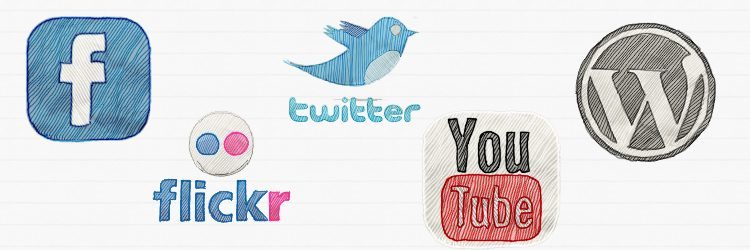Hacking democracy: The price of social media
Social media has defined the better part of the last decade’s politics. From selfies to live-chats to #Milifandom, social media has become a crucial part of our experience of politics and elections. But what are the implications of this?
We’re all familiar with the problem of anonymity on the internet, of internet ‘trolls’ and such. But arguably worse than this is the anonymity of social media itself. Other than following Mark Zuckerburg on Facebook, there’s not much we can do to understand why we see what we do on social media.
Essentially, a site like Facebook can change its search algorithm to affect what material we do and don’t see, and where we see it. This terrifies me, and it should terrify you too. This kind of power can have a huge effect on the way people vote – enough of an effect to decide an election.
A site like Facebook can change its search algorithm to affect what material we do and don’t see
Let me be clear: there are benefits which social media can bring to democracy. Encouraging voting, for instance, by having an “I voted” option on Facebook is estimated to have increased voter turnout for the last UK election by hundreds of thousands.
Social media is a great platform to get political messages across to people who feel disenchanted with politics, and perhaps don’t follow the news as a result. This sort of potential is great – but in such cases, social media should be a medium to relay opinions, not something to make you think a certain way.
Social media is a great platform to get political messages across to people who feel disenchanted with politics
I’m sure I speak for a majority of this paper’s readers when I say that we don’t want to see a Trump presidency. And, by the looks of things, neither do the management team of Facebook. But that doesn’t give Facebook the right to rig the election any more than it gives us permission to not allow people to vote for who they want to. The issue of global voting systems is another matter, but fundamentally people have the right to vote for the candidate or party they want to without being manipulated.
If we want to avoid a Trump presidency, or a certain outcome of the EU referendum, or any other election result, then we have the right to campaign and protest if need be. And we have the right to give our points of view to try and persuade the electorate to vote in a certain way – and yes, social media can be a great tool for this. It has to come down to persuasion and argument, though, not rigging.
Fundamentally people have the right to vote for the candidate or party they want to without being manipulated
With the Conservatives accused of breaking election rules, the Clintons accused of election fraud, and Trump accused of inciting violence and hatred, honesty in politics seems to be ever-dwindling. So let’s try, at least, to keep the voting process honest, fair and untampered with – because regardless of results, would you rather an election was decided by the voters or by a faceless corporation?

Comments (2)
So what evidence is there that Facebook have been rigging elections? This article doesn’t really give any facts or shed any new light on anything, it’s just a bit moany. I would wager that most readers would know already that Facebook is in control of the algorithms it uses on its own website, because who would expect any different seeing as it’s their own website. All I can detect here are some poorly concealed left-wing prejudices and a bit of conspiracy-theorist rallying against an evil ‘faceless corporation’ – besides that there’s nothing else of note. Poor quality joirnalism really, I would have expected better from The Boar.